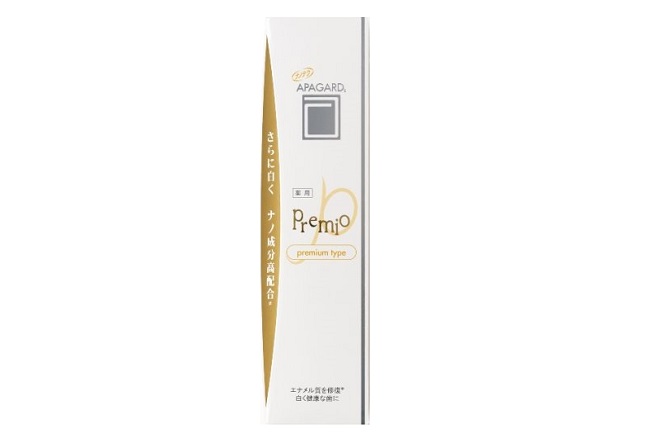Background. Many types of toothpastes contain substances that can remineralize initial enamel caries. This study aimed to assess the effect of nano-hydroxyapatite (NHA) on microhardness of artificially created carious lesions.
Methods. In this in vitro study, NHA was prepared using sol-gel technique and added to the toothpaste with 7% concentration. A total of 80 extracted sound teeth were collected. The crowns were polished using 500-grit abrasive paper. The specimens were randomly coded from 1 to 80. Number 1 to 40 were assigned to group A and numbers 41 to 80 to group B. The microhardness was measured using HVS-1000 Vickers microhardness tester. The specimens were demineralized using 37% phosphoric acid for 3 minutes in order to create artificial carious lesions and then were rinsed with water, air-sprayed for 3 minutes and dried. Microhardness was measured again. Next, the specimens were brushed for 15 days, twice daily, for 15 seconds. After 15 days, microhardness was measured again. Toothpaste A contained NHA and fluoride and toothpaste B contained fluoride alone. Data were analyzed using SPSS 16, with one-sample Kolmogorov-Smirnov test and ANOVA at a significance level of P<0.05.
Results. The microhardness of specimens significantly decreased following acid exposure (P<0.01) but increased again in both groups after exposure to toothpastes. The increase in microhardness was significantly greater in group A (P<0.01).
Conclusion. The toothpaste containing NHA was more effective than the toothpaste without NHA for the purpose of remineralization.







